Mature skin is a precious testimony of time passing by. It reflects years of life and experiences. Mature skin tells a story of the places you’ve seen and the emotions you’ve felt. However, it requires special care to maintain its vitality and brightness.
Over the years, your skin undergoes natural changes such as the loss of collagen and elastin, which causes wrinkles, lack of tone, and dryness.
Would you like your skin to be forever young and glowing, despite the years passing by? Everyone would. In this article, we’ll look at a number of approaches that are based on proper hydration, the use of targeted ingredients such as hyaluronic acid and vitamin C, as well as lifestyle changes and bad habits that should absolutely be avoided.
We’ll also talk about the importance of a healthy lifestyle, which includes a balanced diet, exercise and stress control techniques. These are key elements to keep your skin healthy. Together we’ll discover the power of timeless beauty. We’ll show you how empowering embracing your age can be and we’ll celebrate the beauty of a skin that tells unique stories.
-
Product on sale
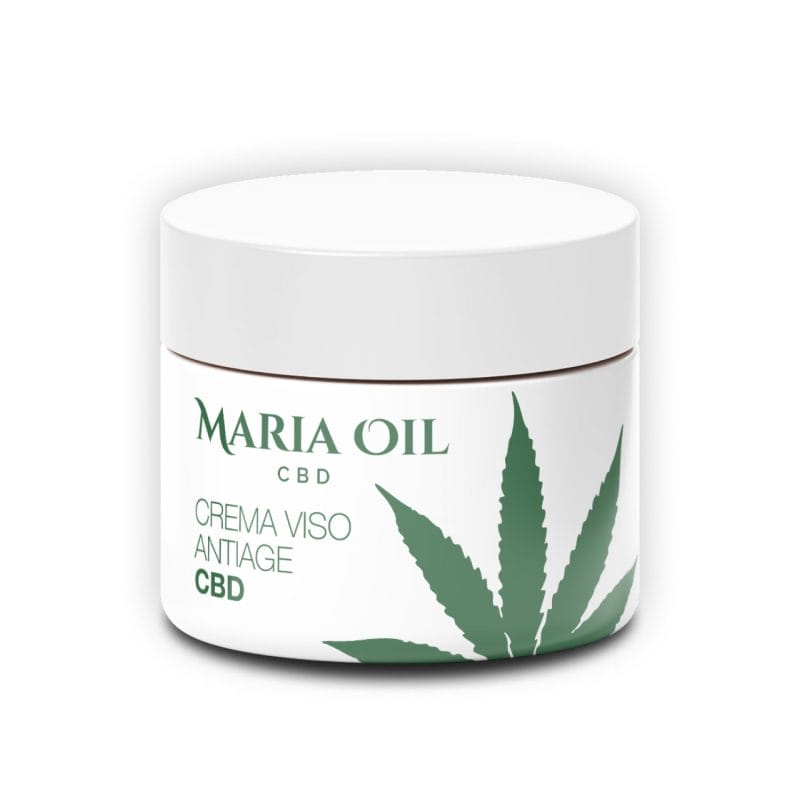 CBD Anti Ageing Face CreamOriginal price was: %s.£21.70Current price is: %s.
CBD Anti Ageing Face CreamOriginal price was: %s.£21.70Current price is: %s.
What does “mature skin” mean?
The term “mature skin” is used to refer to skin that shows signs of aging, such as wrinkles, loss of elasticity, dryness, and discoloration.
From a scientific point of view, there is no precise definition of mature skin.
So what does mature skin mean? Generally speaking, our skin begins to mature by the age of 30, when the natural aging process becomes more visible. Mature skin shows signs of structural and functional changes, such as the loss of collagen and elastin, reduced sebum production, and decreased water retention capacity.
As we will see in a moment, skin aging can be accelerated by factors such as sun exposure, smoking, stress, and poor diet. In these cases, the skin can begin to show signs of aging even before the age of 30.
Skin changes between the ages of 40, 50 and 60
When talking about mature skin, it’s crucial to consider the distinct changes that occur at different age groups. After 30, our skin begins to experience mild signs of aging, with a decrease in collagen and elastin production. However, it’s in the following decades that the most significant transformations occur.
In our 40s, our skin begins to reveal fine lines and more pronounced wrinkles, while its ability to retain moisture decreases, leading to mild dryness. This decade often marks the beginning of a greater focus on skin care, with the use of rich moisturizers and anti-aging treatments.
In our 50s , the signs of aging become more visible with the appearance of deeper wrinkles, loss of firmness, and the possible emergence of dark spots. Skin becomes thinner and may require more attention when choosing skin care products.
After the age of 60, our mature skin shows the beauty of our life experiences, but it may require even more targeted focus. Collagen stimulation, deep hydration, and the use of anti-aging treatments become vital strategies to keep our skin healthy and radiant.
What speeds up skin aging?
Skin aging is a natural process influenced by multiple causes.
Although it’s a fate that none of us can escape, there are factors that can accelerate the process:
- Sun exposure: UV rays, especially with prolonged exposure, damage collagen and elastin, the proteins that keep our skin elastic and toned;
- Smoking: tobacco smoke contains harmful chemicals that can damage collagen and can also reduce blood flow to the skin, compromising its overall health;
- Poor diet: a diet deficient in essential nutrients, vitamins and antioxidants can negatively affect skin health;
- Stress: chronic stress can contribute to wrinkles and cause inflammation that damages skin tissue;
- Lack of sleep: sleep is crucial for skin regeneration. Insufficient sleep can lead to dark circles, puffiness and a tired look;
- Exposure to environmental pollutants: air pollution and exposure to harmful chemicals in the environment;
- Repetitive facial movements: continuous use of facial muscles, as in the case of repeated facial expressions, causes the formation of dynamic wrinkles.
In other words, to take care of your mature skin, buying a cream isn’t enough. You need a holistic approach.

What does mature skin look like on the body and face?
How do you recognize skin aging? As the years go on, mature skin presents characteristics that help you monitor its evolution.
These are the distinctive signs that you’d expect to find on your face:
- Wrinkles and fine lines: wrinkles become more visible, especially around the eyes (expression lines), mouth and forehead;
- Loss of elasticity: our skin loses its ability to remain elastic and firm, leading to the loss of definition of facial contours;
- Loss of volume: the decreased production of collagen and subcutaneous fat causes a loss of volume, contributing to a more sunken appearance;
- Dark spots and pigmentation irregularities: mature skin develops dark spots, solar lentigines and other irregularities;
- Dryness and thinness: our skin tends to become drier and thinner due to decreased oil production and slower cell renewal.
As for the body, in addition to the characteristics of mature skin we’ve just seen, we can also mention:
- Stretch marks: mature skin is more prone to developing stretch marks, especially in areas subject to weight changes or during pregnancy;
- Hyperpigmentation: just like on our face, dark spots or pigmentation irregularities may appear on some parts of the body.
Is your skin aging faster than you’d like? Let’s find out how to curb the aging process and improve not only your skin, but your whole life.
How to take care of mature skin and improve it
Taking care of mature skin is a ritual of love and dedication that you can do to enhance your beauty at each age and your personal history.
How can you make sure that your skin stays young, supple and glowing?
There are many approaches, ranging from proper hydration to the use of anti-aging ingredients, sun protection and the promotion of a healthy lifestyle. As always, it is not just one remedy that makes a difference, you should opt for an all-around strategy.
Let’s take a look at everything you can do to take care of your mature skin.
Thorough skin care
If you want your skin to look like it did 10, 20, 30 years ago, you have to be passionate about its care. You need to treat it with love and respect every single day.
Here’s the daily steps of an excellent skin care routine for mature skins:
- Deep hydration: the basis of an effective skin care routine for mature skins is moisturizing with creams and serums rich in ingredients such as hyaluronic acid and vitamin E, which help keep the skin hydrated, improve elasticity and reduce the appearance of wrinkles;
- Consistent sun protection: choose a broad-spectrum sunscreen with a high SPF and apply it regularly, especially to the most exposed areas such as the face, neck and hands;
- Anti-aging treatments: add anti-aging treatments into your routine, such as creams or serums containing retinoids, peptides or antioxidants, like vitamin C, to stimulate collagen production, reduce wrinkles and improve texture;
- Moderate exfoliation: regular exfoliation can help remove dead cells from the skin’s surface, promoting cell renewal;
- Targeted eye contour treatments: the area around the eyes is often the first to show signs of aging. Use specific eye creams containing ingredients such as retinol, caffeine or peptide to reduce puffiness, dark circles and fine lines;
- Massages and facial exercises: incorporate them into your routine to stimulate blood circulation, promote skin elasticity and relax facial muscles.
With time and practice you will figure out which facial treatments are best suited for your mature skin.
Natural cosmetics
Do you think you could find everything you need in nature? You’d be right!
And every plant has its own power:
- Rosehip oil for regeneration: it is rich in essential fatty acids and vitamin A that promote skin cell regeneration. When applied regularly, this natural oil can improve the appearance of scars, wrinkles and dark spots on mature skin;
- Aloe vera for deep hydration: aloe vera is celebrated for its moisturizing and soothing properties. Use gels or creams made from pure aloe vera to deeply hydrate your mature skin, reducing dryness and improving its elasticity;
- Argan oil for nourishment: it’s a powerful moisturizer rich in antioxidants and fatty acids. It nourishes the skin deeply, helping to reduce the appearance of wrinkles and improve texture;
- Honey for gentle exfoliation: honey is an excellent natural exfoliant. Mix it with sugar or oatmeal to create a mask that gently removes dead skin cells, promoting a more radiant appearance;
- Chamomile to soothe: use chamomile-based products to reduce irritation and rosacea on mature skin;
- Shea butter for nourishment: it’s an emollient that can help restore the natural moisture of mature skin. Apply it to particularly dry areas such as elbows and knees for deep nourishment;
- Green tea as antioxidant: green tea is rich in antioxidants that fight free radicals. Use creams or toners made with green tea extract to protect your mature skin from the signs aging;
- Mint as toner: you may not know this, but mint is known for its toning properties. It stimulates circulation and it gives a fresher and firmer appearance to mature skin.
And now let’s move on to the creams.
-
Product on sale
 CBD Anti Ageing Face CreamOriginal price was: %s.£21.70Current price is: %s.
CBD Anti Ageing Face CreamOriginal price was: %s.£21.70Current price is: %s. -
Product on sale
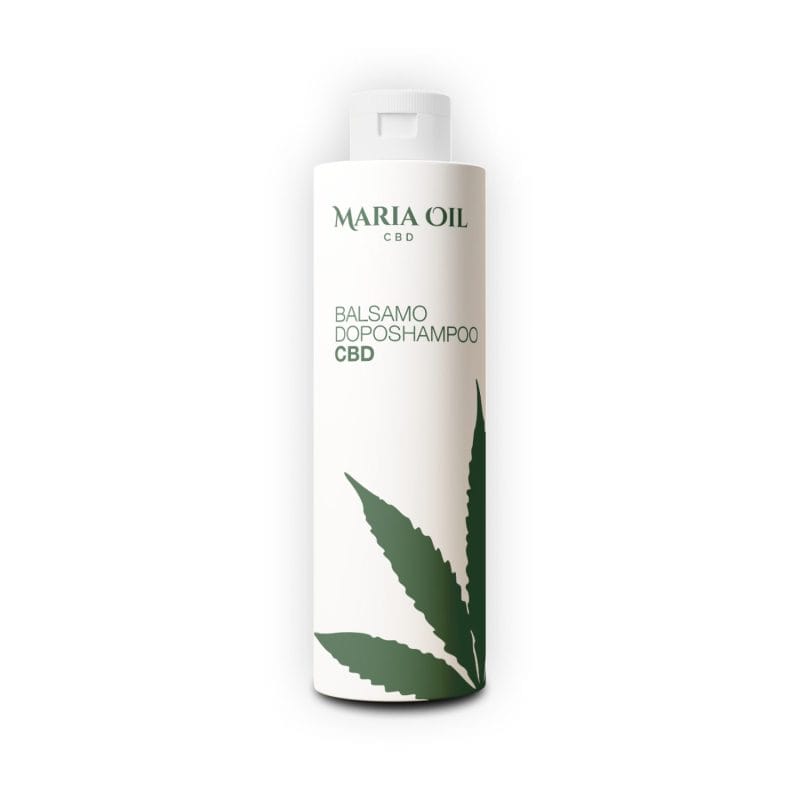 CBD ConditionerOriginal price was: %s.£10.50Current price is: %s.
CBD ConditionerOriginal price was: %s.£10.50Current price is: %s. -
Product on sale
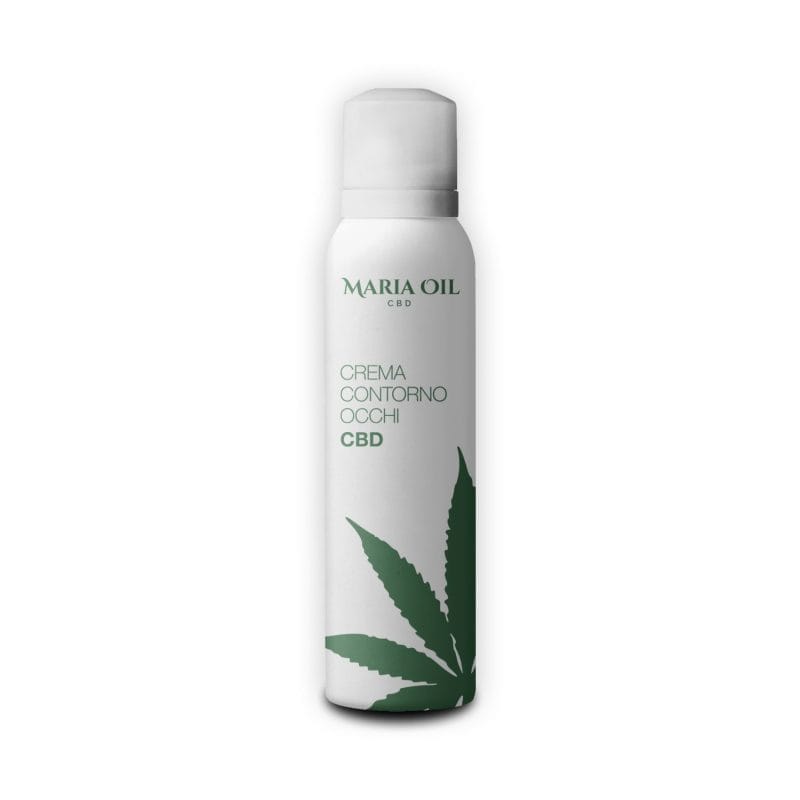 CBD Eye CreamOriginal price was: %s.£7.70Current price is: %s.
CBD Eye CreamOriginal price was: %s.£7.70Current price is: %s. -
Product on sale
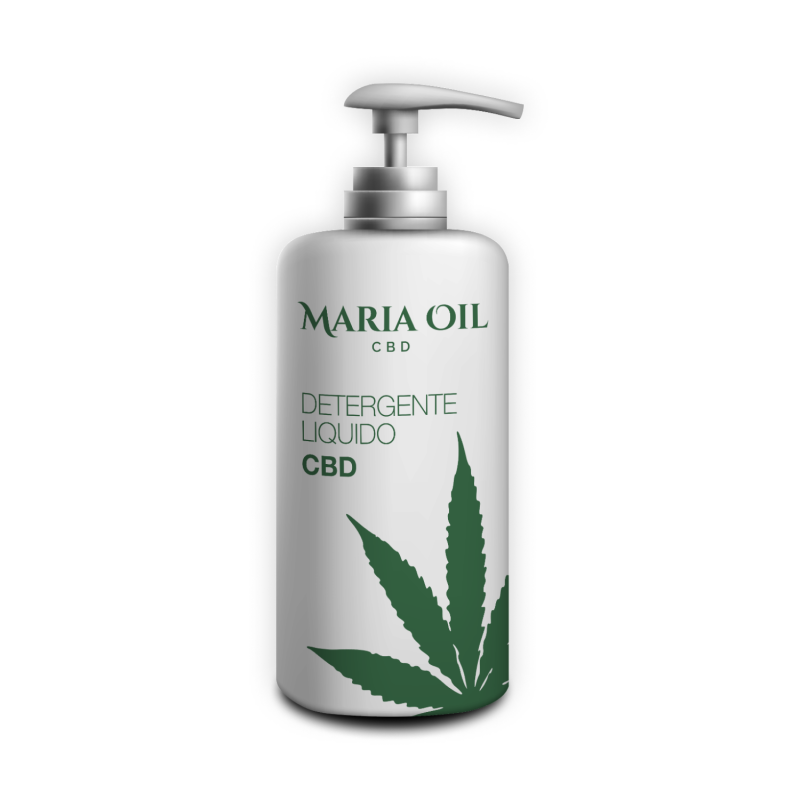 CBD Face and Neck CleanserOriginal price was: %s.£16.80Current price is: %s.
CBD Face and Neck CleanserOriginal price was: %s.£16.80Current price is: %s. -
Product on sale
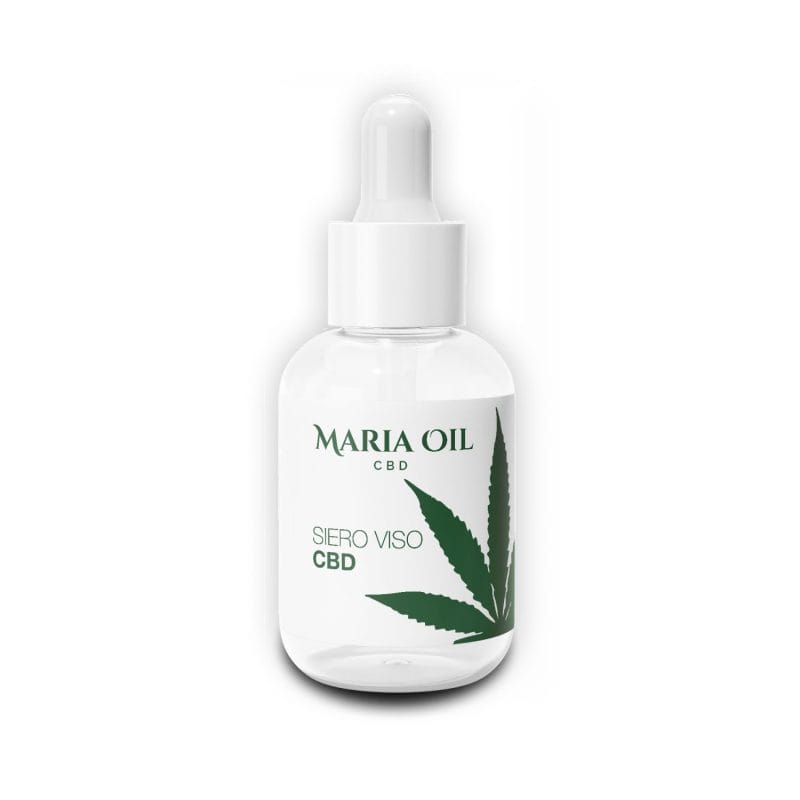 CBD Face SerumOriginal price was: %s.£21.70Current price is: %s.
CBD Face SerumOriginal price was: %s.£21.70Current price is: %s. -
Product on sale
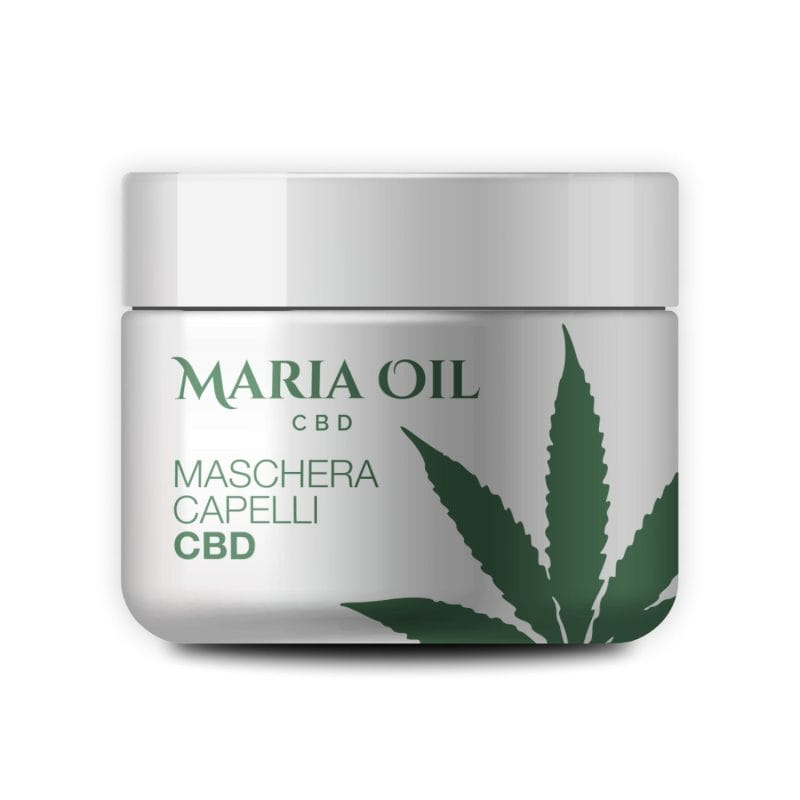 CBD Hair MaskOriginal price was: %s.£13.72Current price is: %s.
CBD Hair MaskOriginal price was: %s.£13.72Current price is: %s. -
Product on sale
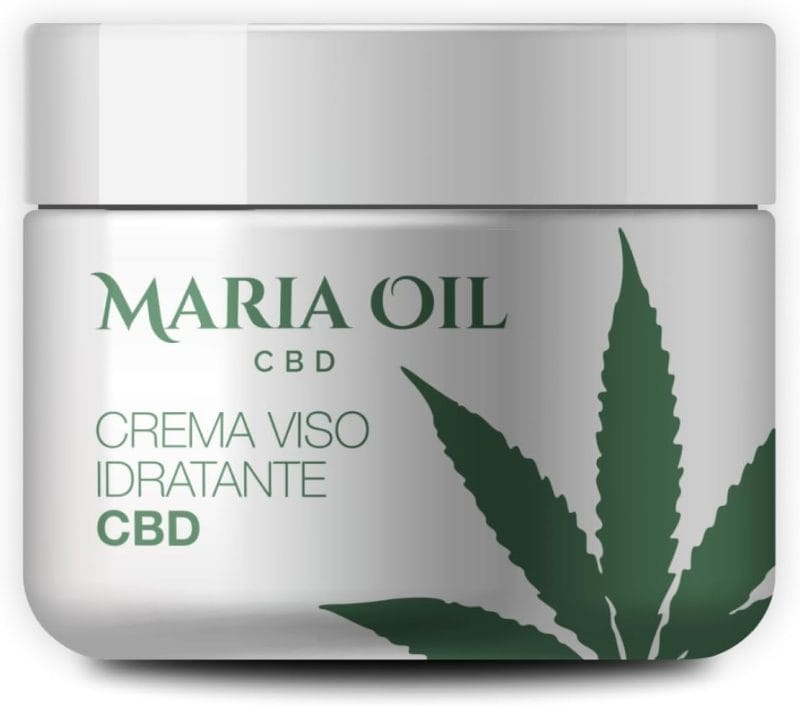 CBD Moisturising Face CreamOriginal price was: %s.£18.90Current price is: %s.
CBD Moisturising Face CreamOriginal price was: %s.£18.90Current price is: %s. -
Product on sale
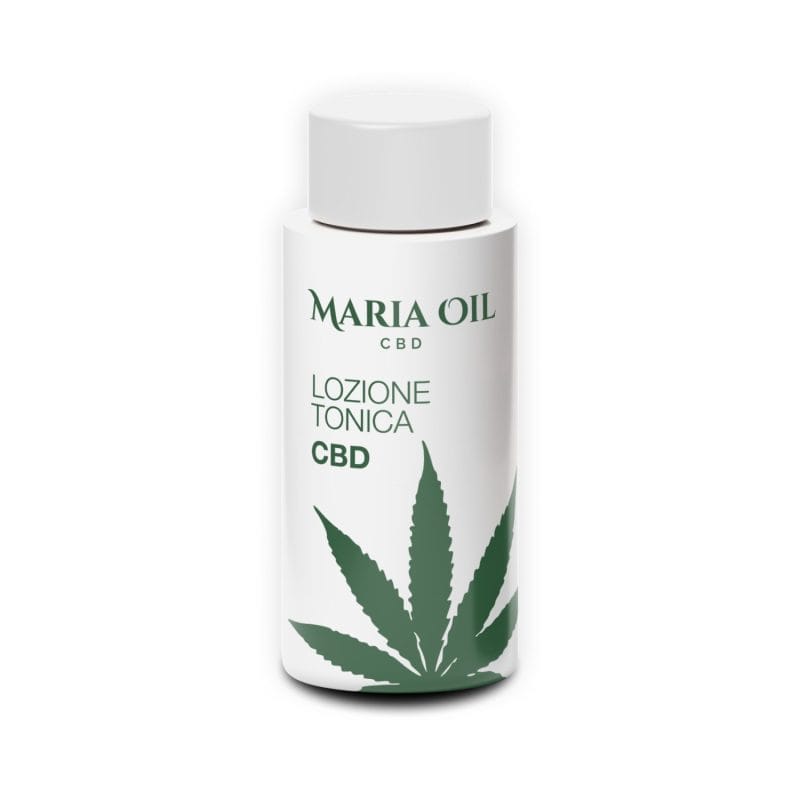 CBD Natural Face TonerOriginal price was: %s.£8.40Current price is: %s.
CBD Natural Face TonerOriginal price was: %s.£8.40Current price is: %s. -
Product on sale
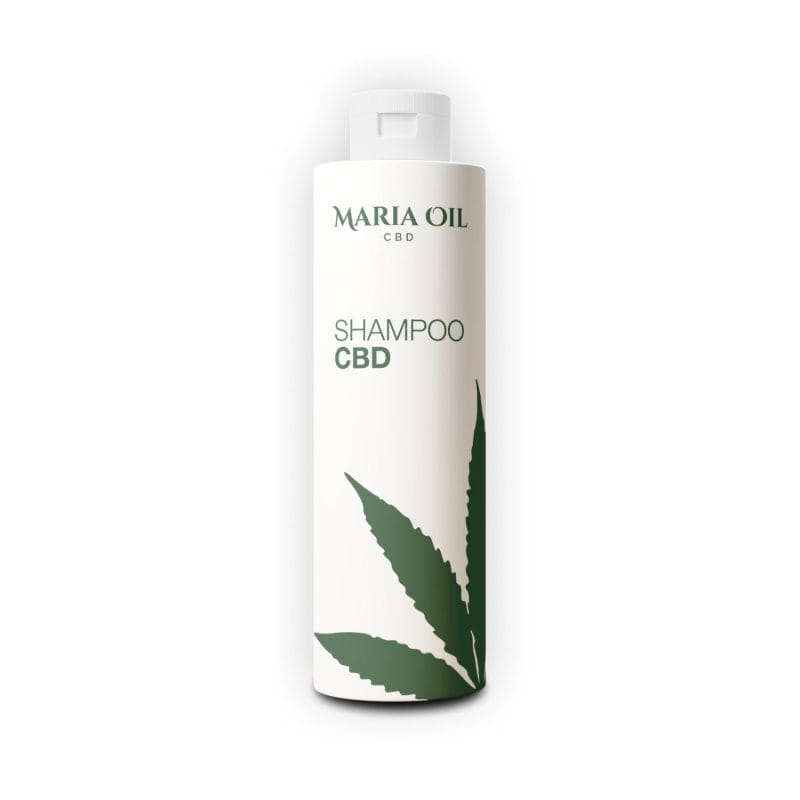 CBD ShampooOriginal price was: %s.£11.89Current price is: %s.
CBD ShampooOriginal price was: %s.£11.89Current price is: %s.
Moisturizing and anti-aging creams
The world of creams is truly boundless, and you may not know which way to look. As we already said, specially formulated creams are of crucial importance in your daily skin care routine.
More specifically, if you have mature skin, you should choose a moisturizer with:
- Hyaluronic acid: it’s a powerful moisturizer that helps retain moisture and improves the elasticity of mature skin;
- Glycerin and ceramides: they support the skin barrier. Added to creams, they help prevent dryness and keep the skin soft;
- Aloe vera: we’ll never get tired of saying this. Aloe vera can be a great ingredient for anti-aging creams, but only when it’s added in its pure form.
And as for anti-aging creams, the most effective ingredients are:
- Retinoids: they stimulate collagen production and reduce wrinkles;
- Peptides: they improve skin firmness;
- Vitamin C: it’is a powerful antioxidant that helps fight free radicals;
- Coenzyme Q10: it’is involved in cell energy production and has antioxidant properties;
- Botanical extracts: such as ginseng, centella asiatica or licorice root;
- Jojoba or argan oil: they provide hydration and anti-aging support.
Always remember to choose according to the specific needs of your mature skin and consult a dermatologist for personalized advice.
Healthy lifestyle
If you’ve been paying attention, you’ll understand that choosing the right cream is not enough. Regular skincare should always be accompanied by an appropriate lifestyle. And if you haven’t been satisfied with the results so far, you should make a drastic change.
In addition to everything we’ve talked about so far, what else can you do to take care of your mature skin? Let’s look at some good habits you should pick up:
- Balanced diet: a diet rich in fruits, vegetables, whole grains, lean proteins, and healthy fats provides your skin with the essential nutrients to maintain its health. Antioxidants present in foods like berries, citrus, and green leafy vegetables can also help protect your skin;
- Regular physical activity: it stimulates blood circulation, promoting the oxygenation of skin cells;
- Sufficient sleep: make sure to get enough sleep to facilitate the night repair process and reduce any signs of fatigue on the skin;
- Stress management: practice stress management techniques such as yoga, meditation, or artistic activities;
- Avoid smoking and excessive alcohol consumption: smoking damages the skin by reducing blood circulation and increasing the formation of wrinkles. On the other hand, alcohol dehydrates the skin.
If needed, schedule regular check-ups with a dermatologist to get an evaluation and personalized advice.
Supplements
Supplements can be a beneficial addition to skin care routines for mature skin, as they provide essential nutrients that support skin health.
Here’s some active ingredients you should consider:
- (Retinol) Vitamin A: Vitamin A, especially in the form of retinol, is known to promote collagen production, improve skin texture, and reduce wrinkles;
- Vitamin C: it works as an antioxidant;
- Vitamin E: it’s used as a moisturizer;
- Collagen: adding hydrolyzed collagen to your skincare can help support skin structure, improving elasticity and reducing the appearance of wrinkles;
- CBD: cannabidiol has antioxidant and anti-inflammatory properties that can be beneficial for mature skin. It can be taken orally or applied directly to the skin in the form of oil or cream;
- Omega-3 fish oil: omega-3 fatty acids, found in fish oils, have anti-inflammatory effects and help maintain skin hydration;
- Borage seed oil: it’s rich in gamma-linolenic acid (GLA), which moisturizes and soothes your skin;
- Zinc: it’s an essential mineral involved in cell regeneration.
Before starting any supplement regimen, you should consult a health professional, such as a doctor or nutritionist. Choose the appropriate supplements for your needs and health condition, and make sure they don’t interact with other meds.
Practical advice for your beauty routine
Start your day by pampering your skin with a morning routine that prepares it to face the challenges of the day. Right after waking up, cleanse your face with a gentle cleanser that removes all the impurities accumulated during the night. Then, finish your skin care routine with a moisturizing or anti-aging serum, giving your skin the necessary nourishment to go through the day. Don’t forget to apply a moisturizer to seal in hydration and protect the skin from external agents.
During the day, keep your skin hydrated from the inside. Drinking plenty of water maintains your hydration levels high and supports optimal cell function. Give yourself healthy breaks during the day. If possible, take CBD oil supplements, in the form of capsules or gummies, to benefit from the antioxidant and relaxing properties of this powerful active ingredient.
For lunch, opt for a nutritious meal rich in fruits and vegetables. The antioxidants present in these foods help counter environmental damage and keep your skin glowy. If you can, take a short walk outdoors to revitalize your skin and mind.
In the evening, take a few minutes to gently remove the makeup on your face and thoroughly clean your skin with a cleanser suitable for your skin type. Let your skin breathe so that it will be able to regenerate overnight. Apply a night serum or a richer moisturizer to intensely nourish your skin while you sleep.
Lastly, get a well-deserved night’s rest. A good night’s sleep is essential for the health of your entire body, as it contributes to cell regeneration and helps maintain a fresh and radiant look. With this complete routine, you will enjoy taking care of your skin, while giving it the treatment it deserves to go through life with confidence and beauty.
 Contact us
Contact us 






